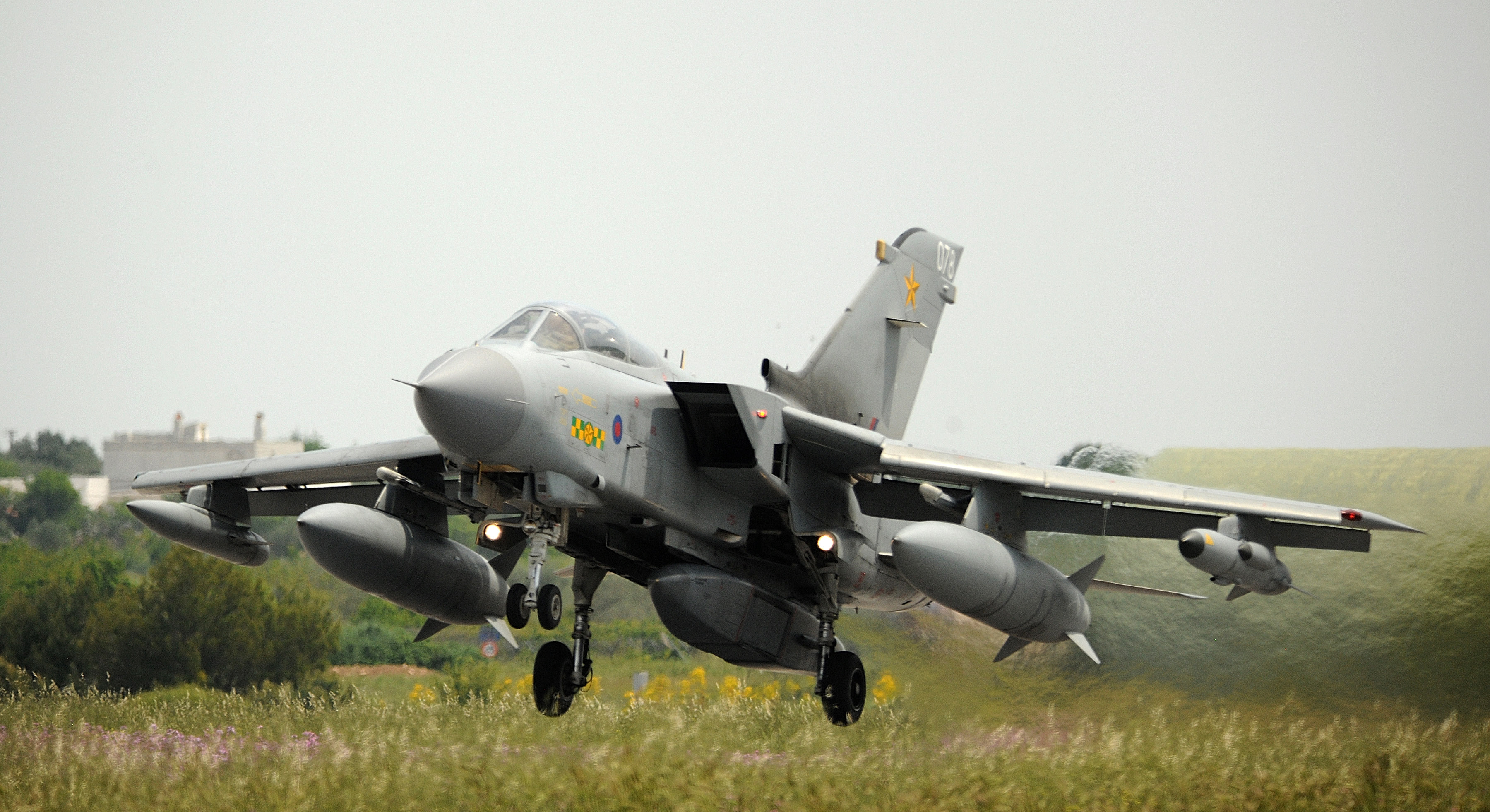17 July 2015 – Toronto, CA
By A. Walter Dorn
The full academic article by A. Wedgwood and A. W. Dorn, “NATO’s Libya Campaign 2011: Just or Unjust to What Degree?” can be found here.
Libya’s civil unrest is now characterized as chaotic. Libya’s central government has degraded to two factions continuingly trying to outmaneuver one another. The security situation in Libya is exacerbated by the numerous insurgent groups running amok. Four years after the rebels gained a NATO-aided victory over Gaddafi forces, Libya is in deep trouble, though still better off than Syria, where citizen uprisings also began in 2011.

There have been reports that Canadian military intelligence predicted in 2011 that Libya would turn to chaos if Colonel Muammar Gaddafi was overthrown. A splinter-group of ISIS is now operating in Libya and Egyptian President Abdel-Fattah El-Sisi has called on the United Nations Security Council to authorize an international intervention force into Libya. Another unintended consequence of the successful rebellion was the exodus of the ethnic Tuareg population that enflamed the 2012 Malian Conflict. The terrorists in the recent Tunisia attack also had Libyan links.
So was the NATO intervention ethically just? It would be too easy to say that the intervention was unjust, given the turmoil that followed. The decision to intervene was not black or white but occurred on a spectrum of pros and cons. In a paper with Andrew Wedgwood, we use a spectrum approach, as I earlier used with the invasion of Afghanistan and also applied to American wars of the past century. Such an approach needs to consider all the factors covered by the Just War tradition, not simply the net benefit. In the Libya case, high evaluations were made of just cause (protection of civilians and stopping government massacres), legitimate authority (two Security Council resolutions), last resort (with an attack on Benghazi imminent) and right conduct (few civilian casualties from NATO bombs), lower assessments were given for right intent (mixed with oil motives), and proportionality of means (complete control of airspace in aid of the rebels). We used a scale of +3 (Strongly Just) to -3 (Strongly Unjust) for each category. The average of all categories was +1.6 (or 77%), leading us to a conclusion of substantial justness overall.
The intervention aimed to provide Libya with a freer-market and greater democracy. This happened in the first couple of years but has been overshadowed by subsequent events. The unfortunate error is that the international community did not follow up after the conflict with an armed peacekeeping force, now called for, and lost the net-benefit by not ensuring the substantial rewards did not slip into the dangers.
*A. Walter Dorn’s most recent book is an edited volume, Air Power in UN Operations: Wings for Peace (2014). (The DefenceReport review of the book can be found here)
Feature Photo – RAF Tornado with RAPTOR imaging pod – UK MoD, 2015
Inset Photo – Two Canadian CF-18s refueling over Libya – UK MoD, 2015
DefenceReport’s weekly recap is a multi-format blog that features opinions and insights from DefRep editorial staff and writers. The opinions expressed here are the author’s own and are separate from DefRep reports, which are based on independent and objective reporting.


